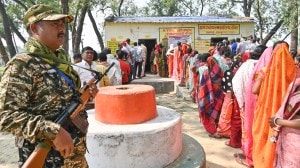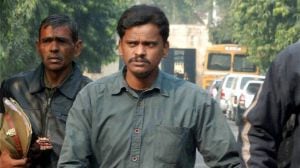Confidence falters as routines fail
Japan,a country lulled by the reassuring rhythms of order and predictability,has been jolted by earthquake,tsunami and nuclear crisis into an unsettling new reality: lack of control.
KEN BELSON
Japan,a country lulled by the reassuring rhythms of order and predictability,has been jolted by earthquake,tsunami and nuclear crisis into an unsettling new reality: lack of control.
In a nation where you can set your watch by a train’s arrival and a conductor apologises for even a one-minute delay,rolling blackouts have forced commuters to leave early so they will not be stranded when the trains stop running. Some stores have been stripped bare of essentials like rice and milk,leading the prime minister to publicly call for calm. All the while,aftershocks small and large rattle windows and fray nerves.
While workers struggle to avert nuclear meltdowns at stricken power plants 170 miles to the north,residents of Tokyo are wondering whether to trust the governments assurances that they are out of harms way.
Most Japanese are trying to uphold the ethic that they are taught from childhood: to do their best,persevere and suppress their own feelings for the sake of the group.
The Japanese are bracing for further losses. The confirmed death toll was 3,676 on Tuesday,with 7,558 people reported missing,but those numbers may well be understated,and bodies continued to wash ashore.
A brief ray of hope pierced the gloom on Tuesday when two people were rescued from collapsed buildings where they had been trapped for more than 90 hours. One of them was a 92-year-old man who was found alive in Ishinomaki City,the other a 70-year-old woman who was pulled from the wreckage of her home in Iwate Prefecture.
In northern Japans disaster zone,an estimated 440,000 people were living in makeshift shelters or evacuation centers,officials said. Bitterly cold and windy weather compounded the misery as survivors endured shortages of food,fuel and water.



- 01
- 02
- 03
- 04
- 05




























